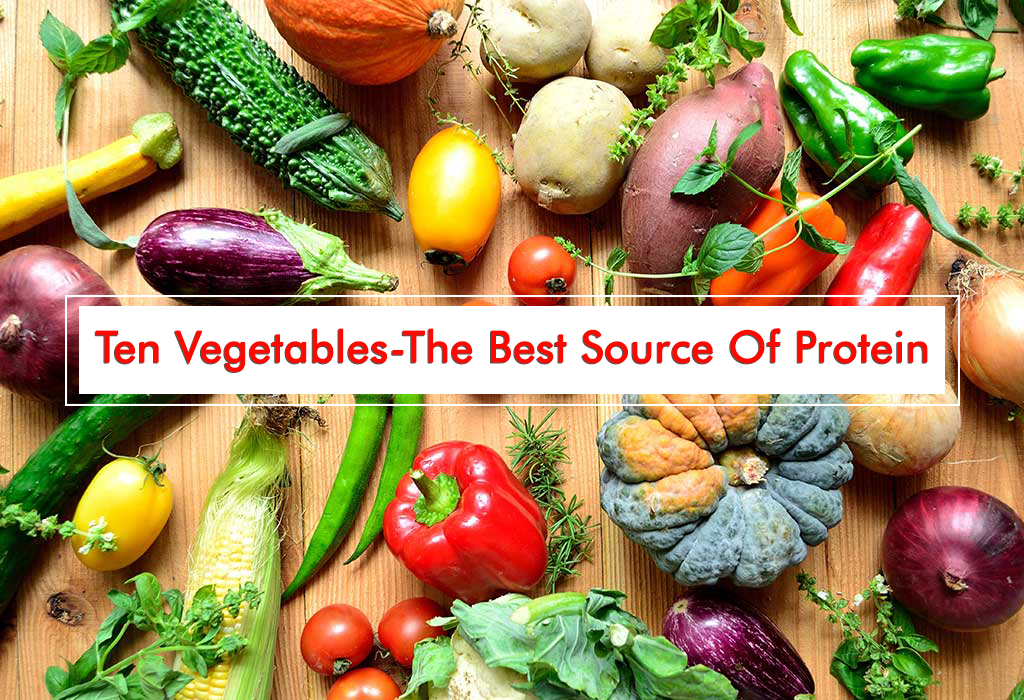Protein is an essential nutrient your body uses to build and repair tissues. It’s important to include healthy sources of protein in your diet each day. Protein helps your body with a number of important functions and helps you maintain muscle mass.
When you think of protein, steak or chicken might come to mind. But if you’re not a big meat eater, you have other options to make sure you get the recommended amount of protein that your body needs.
Here are 10 healthy vegetables that contain a fair amount of protein:
Watercress
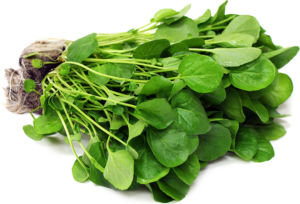
Watercress
Watercress is a cruciferous plant that grows in water and has a high protein content. One cup (34 grams) of chopped watercress contains 0.8 grams of protein and 100% of your RDI of vitamin K. It also has good amounts of B vitamins, calcium, manganese, potassium, vitamin A and vitamin C.
Alfalfa sprouts
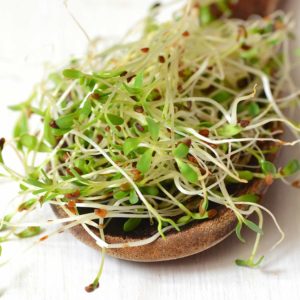
Alfalfa sprouts
Alfalfa sprouts are very low in calories, but rich in nutrients. One cup (33 grams) of alfalfa sprouts provides 1.3 grams of protein. This vegetable also has decent amounts of folate, B vitamins, iron, magnesium, phosphorus, zinc, copper, and vitamins K and C.
Spinach
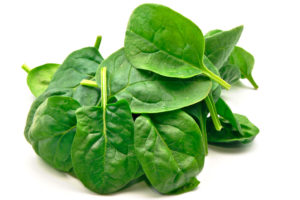
spinach
Spinach is one of the most nutrient-dense leafy green vegetables. One cup (30 grams) of raw spinach contains 0.9 grams of protein, while 100 grams of spinach contains 2.9 grams. Protein accounts for 30% of the calories in spinach. It also contains high amounts of folate, manganese, magnesium, iron, potassium, calcium, vitamin A and vitamin C.
Chinese cabbage or bok choy
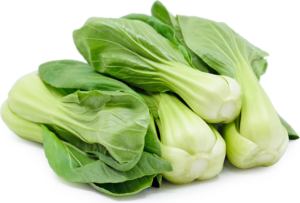
Chinese cabbage or bok choy
Chinese cabbage, which refers to the napa cabbage and bok choy, is a good source of vegetable protein. One cup (70 grams) of Chinese cabbage contains 1 gram of protein. It’s also an excellent source of folate, calcium, potassium, manganese, iron and vitamins A, C, and K.
One cup (70 grams) of Chinese cabbage contains 1 gram of protein. It’s also an excellent source of folate, calcium, potassium, manganese, iron and vitamins A, C, and K.
Asparagus
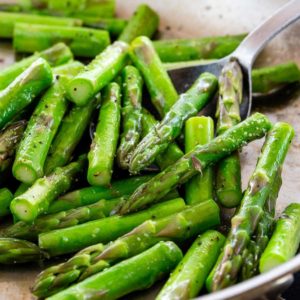
Asparagus
Asparagus is a very popular vegetable with high nutrient content. A 1-cup (134-gram) serving contains 2.9 grams of protein. It is also an excellent source of B vitamins, folate, copper, manganese, phosphorus, magnesium, and vitamins A and K.
Mustard greens
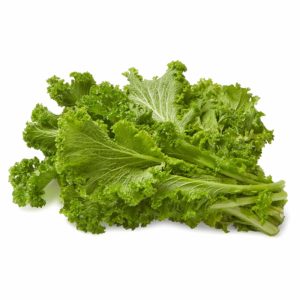
Mustard greens
Mustard greens belong to the Brassica family and are very similar to kale but with a distinct mustard flavor. A 1-cup (56-gram) serving of mustard greens provides 1.5 grams of protein, as well as 348% of the RDI for vitamin K and 118% of the RDI for vitamin A. It is also high in manganese, calcium, potassium, B vitamins, vitamin C and vitamin E.
Broccoli

Broccoli
Broccoli is a very popular vegetable that also happens to be high in protein. It can be enjoyed raw or cooked.
A 1-cup (91-gram) serving of raw chopped broccoli can provide 2.6 grams of protein, including all the essential amino acids. It also contains plenty of folate, manganese, potassium, phosphorus, and vitamins C and K.
Collard greens

Collard greens
Collard greens are a dark green, loose-leafed vegetable from the same family as kale, broccoli and cauliflower.
A 1-cup (36-gram) serving contains 0.9 grams of protein with only about 11 calories. The vitamin K content is particularly remarkable, with 230% of the RDI in a 1-cup serving.
Brussels sprouts
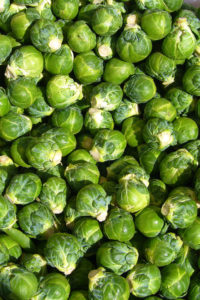
Brussels sprouts
Brussels sprouts can be a great addition to your diet. They’re a good source of protein, fiber, and vitamins.
A 1-cup (88-gram) serving contains 3 grams of protein and up to 3.3 grams of fiber. Brussels sprouts are also rich in folate, manganese, magnesium, potassium, iron, calcium and vitamins K, C, A, and B6.
Cauliflower
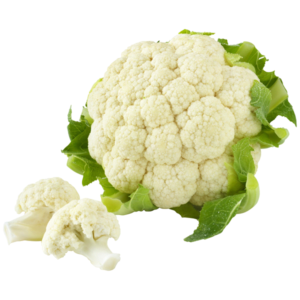
Cauliflower
Like broccoli, cauliflower provides a high amount of protein for the number of calories it delivers.
One cup (100 grams) of cauliflower has 2 grams of protein and 25 calories. It is also a great source of vitamins C and K and minerals like potassium, manganese, magnesium, phosphorus, calcium, and iron.
